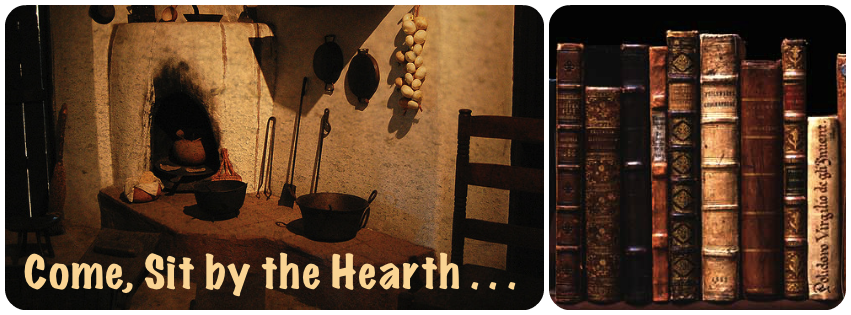I’ve long had what Soviet psychiatrists
called “a tendency toward vagrancy.”
At four I would run away from home
repeatedly for a whole day, alone
or sometimes with a friend named Boris
of like age. Knew full well we “just can’t do this,”
but nudge for nudge and wink for wink,
we’d board the trolleybus #10, I think,
buy tickets at four kopeks each
from our gleanings and savings of the week,
stick them into the ticket punch on the wall,
watch the chad fall as you pulled,
and ride all across Kishinev in half an hour
to get off near that unforgettable restaurant
built in the likeness of a huge wine barrel.
We peered inside, it was cool.
Then we had options:
go and splash in the local artificial lake
(I couldn’t swim yet),
wonder in between along the banks,
catching frogs to take home in a glass jar
to populate a small construction pond (why
did we always use my shirt to do this?),
or go and explore the local flea market,
which was not at all safe to do,
but even at four it’s nice to have options.
(One guy sold what we thought was a gun,
we asked him and he confirmed it.)
Those were days of cholera epidemics
in Moldova. We’d buy peasant-cooked
fodder corn on the cob when we got hungry,
haggled with old ladies over pennies.
We wouldn’t catch the return trolley until sunset.
Then it’s always the same picture:
the wicket creaks open, the landlord’s mutant
barks through froth, my wet shirt clings.
I step out of the dark
toward my mother waiting by the door
of our “temporary house” on Kaluga Street,
which was a bit of a dirt road, probably still is.
She has been crying, takes me inside.
Room and kitchen (no bathroom
or running water): the room
had a brick stove, the kitchen
a dirt floor (with mice and sometimes grass)
and a white washstand — these lines
are all that has survived of them.
There was great beauty in their squalor.
She has been crying, takes me inside,
says she will scold me later.
I know it will be soon. First she must call
the cops to tell them I’ve been found.
Of course, back then I didn’t understand anything:
neither how a poet harms his mother,
nor how alienated (thank you, Marx, for that term)
one can be from the start, and free
in the grip of that greatest paradox of all —
a happy Soviet childhood.
from: Letters from Aldenderry. Copyright 2006.

No comments:
Post a Comment